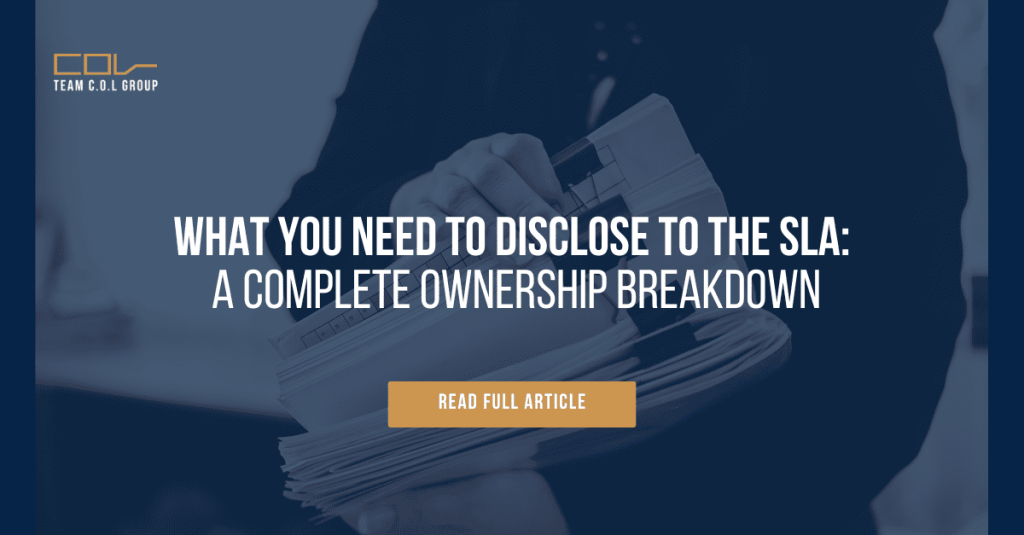When applying for a liquor license in New York, submitting the right documents isn’t enough — you also need to disclose the right people. The New York State Liquor Authority (SLA) requires full transparency around your business’s ownership structure. Failing to properly list the correct individuals or entities could delay your application or even lead to a denial.
Here’s what you need to know about disclosing principals, investors, and other stakeholders to the SLA.
Who Counts as an “Owner” in the Eyes of the SLA?
The SLA goes beyond traditional definitions of ownership. It requires disclosure of:
- All shareholders in a corporation
- All members in an LLC
- All partners in a partnership
- All officers and directors
- Any person with 10% or more interest in the business
- Anyone who receives profits, shares liabilities, or has control — even without a formal title
If someone has influence over the business, they need to be on the form. Even “silent partners” or family members who invested capital should be disclosed.
Required Documentation Per Person or Entity
For each individual or entity disclosed, you’ll need to submit:
- Full name and contact information
- Ownership percentage
- Social Security number (for background check)
- Proof of investment or financial interest
- Government-issued ID
If an entity (like another LLC or corporation) is listed as an owner, you’ll need to disclose its full ownership structure too — creating a full ownership tree.
Common Mistakes to Avoid
- Not listing investors: Even if someone won’t be involved in daily operations, they must be disclosed if they have a financial stake.
- Hiding relatives: If your parent, sibling, or partner helped fund the business, the SLA wants to know.
- Assuming small stakes don’t count: The 10% threshold is strict — but anyone involved in decisions, regardless of their percentage, may still need to be listed.
Why Does the SLA Require So Much Information?
The SLA’s goal is to prevent unqualified or previously disqualified individuals from operating under someone else’s name. They want to ensure that:
- All individuals involved meet legal requirements
- No one has a hidden ownership interest
- Financial backing is legitimate
If the SLA suspects hidden ownership, they may deny the application — or worse, revoke an issued license.
How Team COL Group Helps
Navigating these requirements alone can be overwhelming. At Team COL Group, we:
- Help identify all parties that must be disclosed
- Ensure your ownership chart is clear and SLA-compliant
- Guide you through every document required
- Avoid delays and unnecessary rejections
Need Help with Your Liquor License Application?
Disclose the right people — the right way.
Contact Team COL Group today and make sure your SLA application is airtight from day one.




